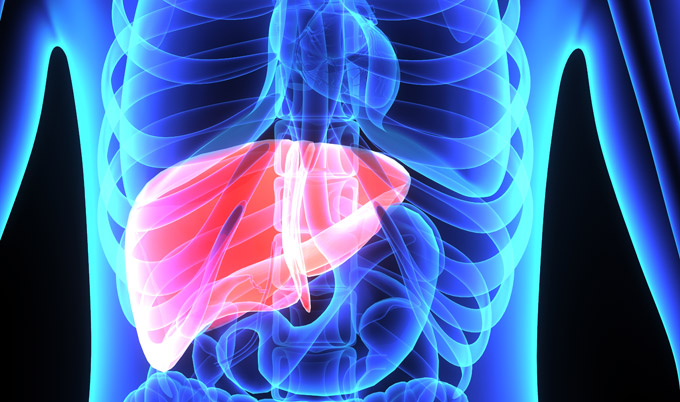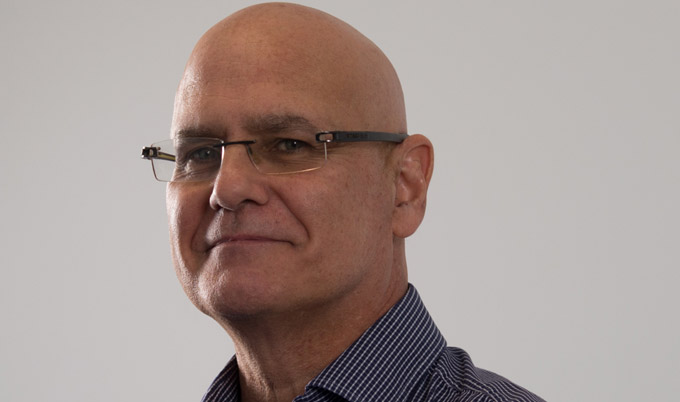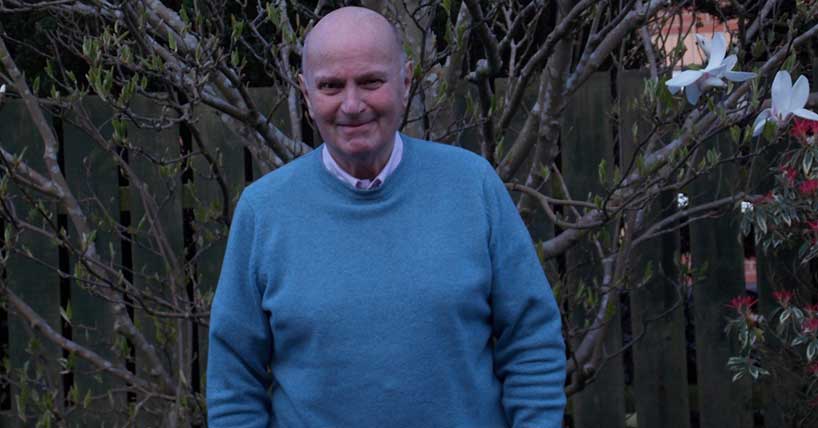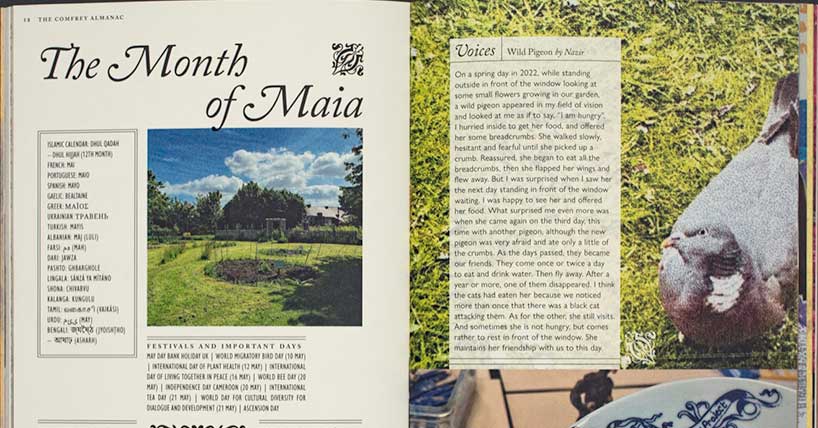Immunotherapy
Researchers offering hope for liver cancer patients
Published on: 2 May 2023
Pioneering immunotherapy treatment being developed at Newcastle University could help liver cancer patients to live longer and better lives.
The treatment is designed for patients with advanced liver cancer that has been diagnosed too late for them to benefit from surgical procedures.
The Newcastle team, led by Professor Derek Mann, was recently awarded a research grant of nearly £2 million from Cancer Research UK to continue its work.
Ultimately, the team hopes to find therapies that will help slow the growth of liver cancer tumours.

Attacking cancer cells
Immunotherapy works by helping the body’s immune system to recognise and attack cancer cells.
Professor Mann said: “At the present time, the prognosis for liver cancer that’s caught late isn’t good.
“Immunotherapy can be successful for these patients, but it doesn’t work as well as we would like and unfortunately it doesn’t work for everyone.
“The end result of this grant, and our research, is to try to improve that situation and for more patients to have better results.
“It’s about enabling these patients to live with their cancer but such that they live better and longer with it.”
The Newcastle researchers, who work in collaboration with a team at the Cancer Research UK Beatson Institute in Glasgow headed by Professor Owen Sansom, have already discovered that white blood cells called neutrophils can be harnessed to attack liver cancer tumours.
Immunotherapy is the most effective treatment for hepatocellular carcinoma or HCC, a type of liver cancer which can develop when a patient has liver disease, including those caused by viral infections or fatty liver diseases. It’s more common in people who are overweight or have type 2 diabetes.
However, immunotherapy is still only effective for a minority of patients and may be less effective in patients who have an HCC with a background of non-alcoholic fatty liver disease.
Pre-clinical studies have indicated that a drug, called AZD5069, which was originally developed for the treatment of asthma, could make tumours more sensitive to immunotherapy.
AZD5069 is currently going through clinical trials to discover if it could help more patients to benefit from immunotherapy treatment.
The grant will enable the team to build on the initial discovery to learn precisely how neutrophils stimulate immunotherapy.
In the process the team hopes to discover new immunotherapies that could be effective for more patients with HCC.

Patient case study
Grandfather John Cairns said he wouldn’t be here today without immunotherapy and advances pioneered by the Newcastle University team will bring benefits to more patients.
The 75-year-old, who lives in Choppington, Northumberland, said he was fortunate not only that the liver cancer was found at an early stage but that he was able to receive the immunotherapy treatment.
“I’ve been lucky that way; there’s lots of guys who never made it to my age,” he said.
“My father died when he was 42 with cancer and I had an older brother who died with pancreatic cancer, an older brother who died with a cancer in the bile duct and another one who died with bladder cancer.
“The key is finding it early and being in the right place at the right time.”
Although only about 15 to 25 per cent of people with liver cancer respond to immunotherapy, it is the most effective treatment for those with advanced disease.
His clinicians said that John is one of the lucky ones who has benefitted from the treatment.
A retired officer with the Inland Revenue, John and his wife, Marion, have cared for their granddaughter, Katie, 12, since her early childhood.
“As long as the immunotherapy keeps working, I can continue to enjoy the time that it’s giving me with my family in retirement,” he said.
“My granddaughter started at secondary school this year and I got to see that wonderful moment, thanks to research.”
Due to the immunotherapy, John’s tumours have shrunk dramatically, and his cancer is judged to be well managed.




